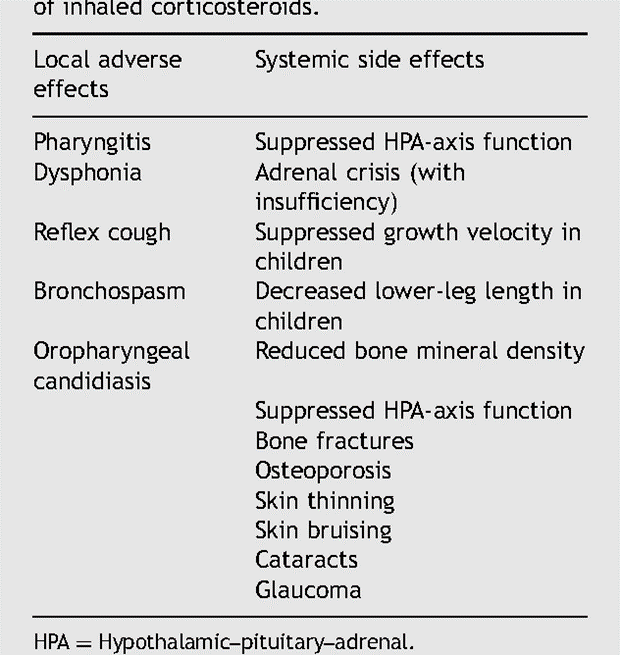A nurse is teaching an adolescent about medication therapy with oral acetylcysteine. Which of the following information should the nurse include in the teaching?
It is necessary to monitor your serum electrolyte levels.
"You should avoid eating eggs.”
“Your mouth will become dry!"
This medication has a very unusual odor.
The Correct Answer is D
Acetylcysteine has a strong and distinct odor, often described as a sulfur-like smell. It is important for the adolescent to be aware of this characteristic odor so that they do not become alarmed or concerned when they encounter it.
The other options mentioned are incorrect:
A. It is necessary to monitor your serum electrolyte levels: Monitoring serum electrolyte levels is not typically required with oral acetylcysteine therapy. However, it is important to follow the healthcare provider's instructions regarding monitoring and follow-up appointments.
B. "You should avoid eating eggs": There is no specific dietary restriction or need to avoid eating eggs while taking oral acetylcysteine. However, it is always advisable to follow a balanced and healthy diet.
C. "Your mouth will become dry!": Dry mouth is not a common side effect of oral acetylcysteine. Side effects may vary from person to person, but dry mouth is not typically associated with this medication.
Nursing Test Bank
Naxlex Comprehensive Predictor Exams
Related Questions
Correct Answer is D
Explanation
Beclomethasone is an inhaled corticosteroid commonly used for the treatment of asthma. One of the potential side effects of inhaled corticosteroids is oral candidiasis, also known as thrush. Rinsing the mouth with water after each administration helps to reduce the risk of developing thrush by removing any residual medication from the mouth and throat.

The other options listed are not specific instructions for inhaled beclomethasone:
A. Check the pulse after medication administration: While it is important to monitor vital signs, such as pulse, in certain situations, checking the pulse after inhaled beclomethasone administration is not a specific instruction for this medication.
B. Limit caffeine intake: There is no specific need to limit caffeine intake when taking inhaled beclomethasone. However, it is generally advisable to discuss dietary considerations, including caffeine, with a healthcare provider, as individual factors and medication interactions can vary.
C. Take the medication with meals: Inhaled beclomethasone is usually taken as prescribed by the healthcare provider, and the timing of administration with meals is not typically specified.
However, it is important for the client to follow the specific instructions provided by their healthcare provider regarding the timing and frequency of inhaled medication administration.
Correct Answer is A
Explanation
Nasal glucocorticoids are commonly used to treat allergic rhinitis and work by reducing inflammation in the nasal passages. However, one of the potential side effects of using these medications is the drying of the nasal mucosa, which can lead to discomfort and occasional nosebleeds. It is important for clients to be aware of this side effect and to take appropriate measures to mitigate it, such as using a humidifier, staying hydrated, and gently applying a saline nasal spray if needed.
Rhinorrhea refers to a runny nose and is not a common side effect of fluticasone or other nasal glucocorticoids. Dizziness and hallucinations are also not typical side effects associated with the use of fluticasone. However, it is important to note that individual responses to medications can vary, and if a client experiences any unusual or concerning side effects while taking fluticasone, they should consult their healthcare provider for further evaluation.
Whether you are a student looking to ace your exams or a practicing nurse seeking to enhance your expertise , our nursing education contents will empower you with the confidence and competence to make a difference in the lives of patients and become a respected leader in the healthcare field.
Visit Naxlex, invest in your future and unlock endless possibilities with our unparalleled nursing education contents today
Report Wrong Answer on the Current Question
Do you disagree with the answer? If yes, what is your expected answer? Explain.
Kindly be descriptive with the issue you are facing.
